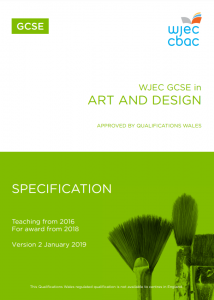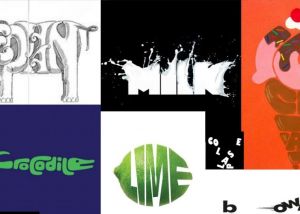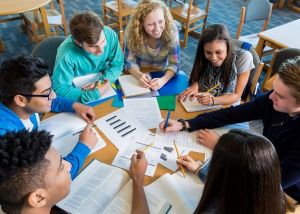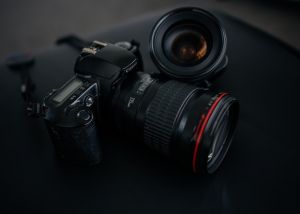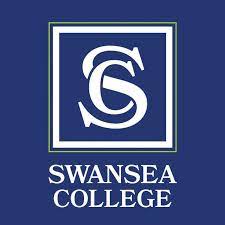Project Description
GCSE Art and Design – Photography
Exam board: WJEC
Exam code: 3656QS
- Documentary photography
- Photo-journalism
- Studio photography
- Location photography
- Experimental imagery
- Installation
- Moving image: film, video and animation. Work is not limited to one area of study
Curriculum
AO1
- Develop ideas that are informed by investigative, contextual and cultural studies of historical and contemporary photography and lens-based imagery in their own and other societies and other sources, for example in the work of photojournalists and filmmakers.
- Explore a wide variety of work produced by photographers, filmmakers and video artists and understand the differences in their methods, approaches, purposes and intentions, such as ethical considerations.
- Provide evidence of analytical skills and critical and contextual understanding by appraising, comparing and contrasting the work of relevant photographers, filmmakers and video artists and other historical and contextual sources and use this to inform their own work.Increase awareness of the wide variety of photography, lens and light-based processes and outcomes and the differences between these, including how different genres are applied andadapted to meet particular needs.
- Refine and reflect upon work as it progresses by exploring ideas, selecting and experimenting with an appropriate photographic media and processes, other media and combinations of media, with controlled use of lighting, shutter speed, aperture, lenses, filters and, where appropriate, the purposeful manipulation of digital software. Exercise skilful and safe application of these to maximise creative potential and produce quality outcomes.
- Explore a stimulating and rich variety of resources to initiate and develop innovative ideas. Pay due regard to line, tone, colour, shape, texture and other visual elements and, where appropriate, use drawing to explore and communicate ideas.
- Provide evidence of appropriate depth and breadth of study of photography and other lens based media. Employ sensitive control, for example in refining digital and/or chemical processes, composition, or use of lighting.
- Show discrimination in reviewing ideas as work develops. Establish a clear working relationship between working methods and outcomes by documenting significant steps so that final outcomes do not emerge without evidence of the creative process.
- Gather, select, organise and communicate information that is relevant to their personal interests as a consequence of careful research and analysis of a stimulating and rich variety of resources.
- Record ideas, first-hand observations, insights and judgments by photography and any other suitable means, such as sketches, diagrams, story boards, layouts and written notes that are relevant to personal intentions.
- Critically reflect on work as it progresses in order to effectively review what has been learned, acquire deeper understanding and to clarify purposes and meanings.
- Present personal, imaginative final outcomes, together with selective evidence of thinking and production processes, that effectively realise the student’s stated intentions or a design brief and demonstrate critical understanding of visual and, where appropriate, other forms of communication. For example, students could reinterpret still life paintings from the Dutch ‘Golden Age’ in the 17th century by setting up 21st century equivalents in the studio paying particular attention to the formal elements.
- Make explicit connections, where appropriate, between the different elements of the submission, including contextual, practical and written responses, presenting work that is meaningful, well-informed and in a sequence that can be easily followed and results in quality outcomes.
- Consider different presentational formats and select the most appropriate for the submission. Due regard should be given to the purpose of the work and how it might engage the interest of an audience or potential clients. For example, students could produce a slide show (with accompanying text) documenting images of neglected parts of the local environment as the start of a community improvement campaign.
Assessment
Exam Access Arrangements
Exam access arrangements allow candidates/learners with special educational needs, disabilities or temporary injuries to access the assessment without changing the demands of the assessment.
For example, readers, scribes and Braille question papers. In this way, Awarding Bodies will comply with the duty of the Equality Act 2010 to make ‘reasonable adjustments’.
We can arrange exam access arrangements and assess you with our special assessor. The deadline for application to the exam board is the February of the year the learner sits exams.
To find out more about exam access arrangements click here
FAQs
SWANSEA COLLEGE GCSE COURSES
Have a question? Ask our virtual assistant on live chat below
or call us on 01792 535000 and speak to our experienced Student Adviser.

